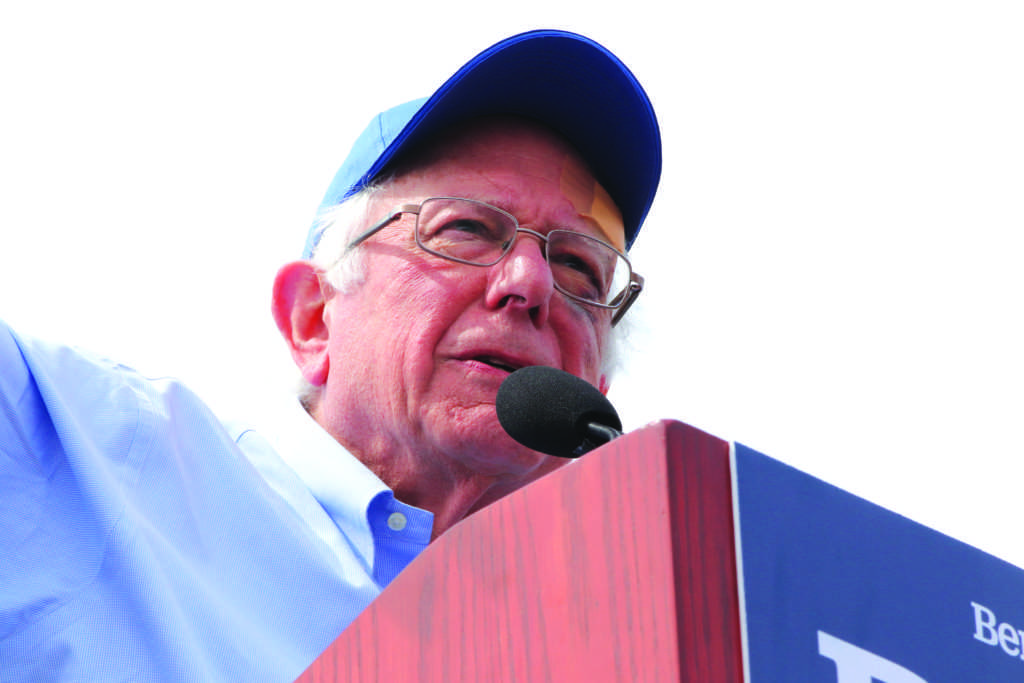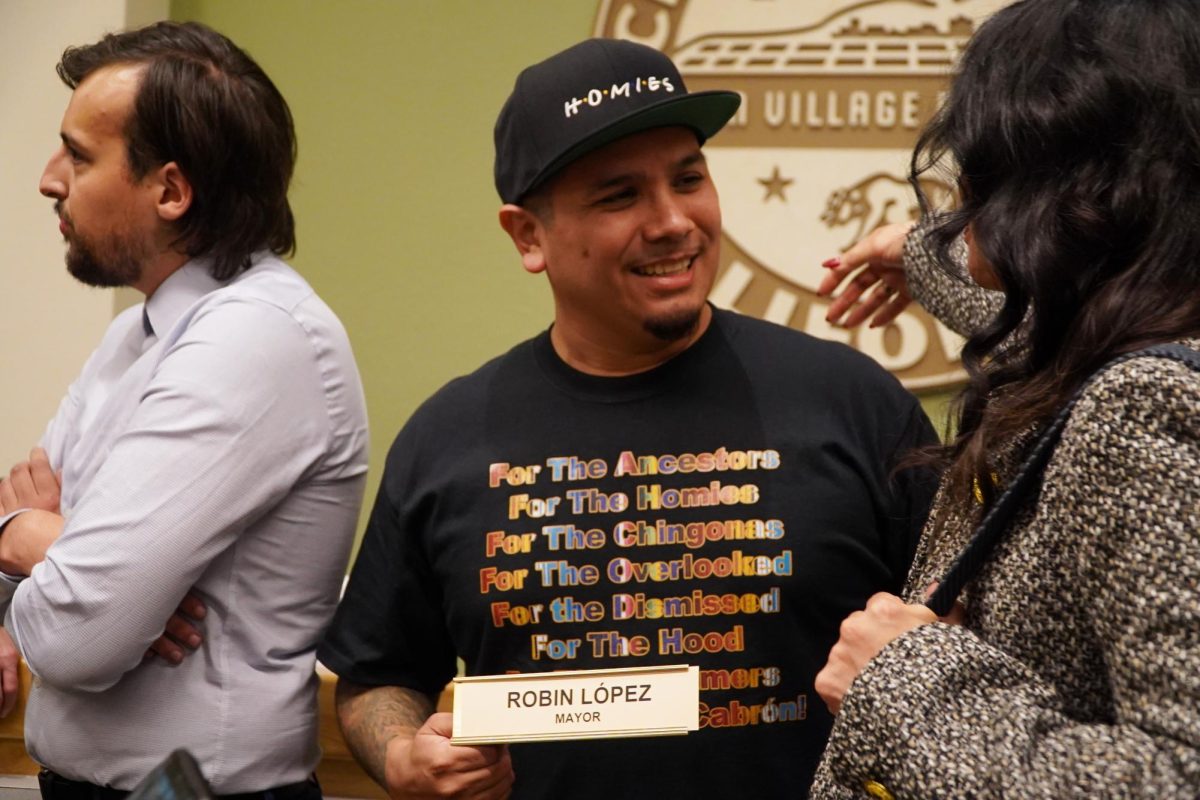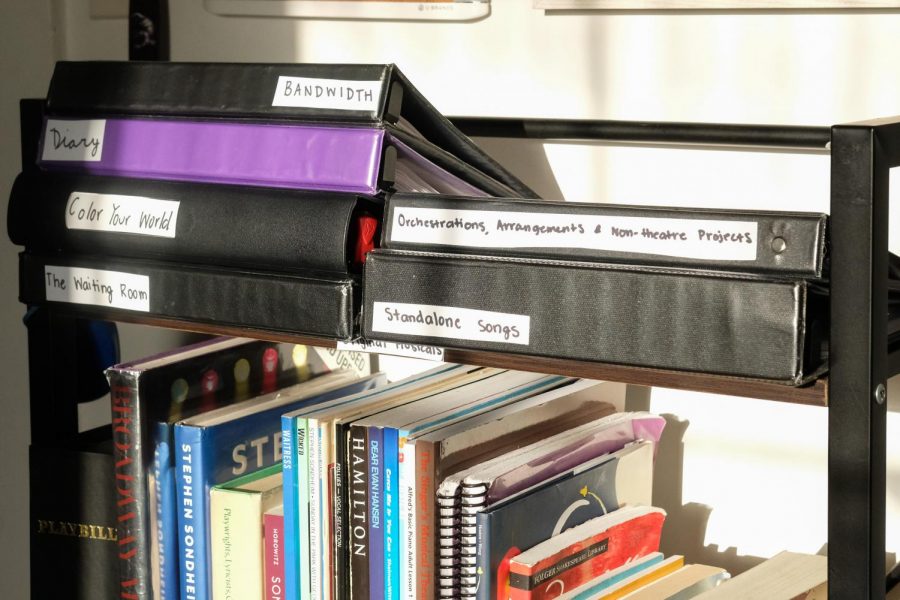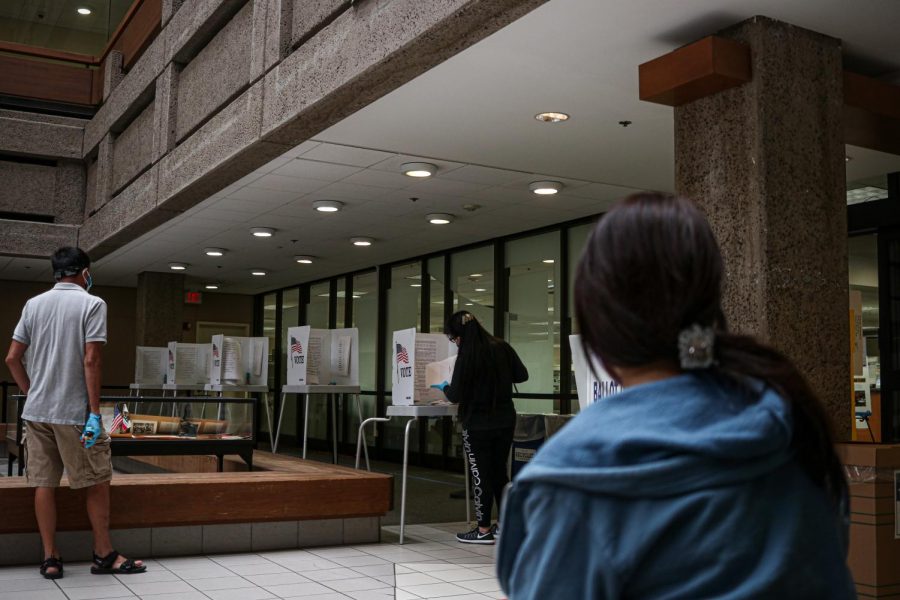Many students and SF State faculty, who were once supporters of Sen. Bernie Sanders in his 2020 presidential run, have taken the side of Democratic Party presidential nominee Joe Biden to get President Donald Trump out of the Oval Office, although with mixed enthusiasm and reasoning.
Sanders ran for president in the 2016 election and again in 2020, both resulting in dropouts that left his supporters dejected and uncertain of who to vote for to become the next president.
Ron Hayduk, SF State political science professor, was a Sanders supporter since the day he began his campaign for president in 2016. When Bernie announced that he would be dropping out of the race for a second time, Hayduk became emotional.
“I cried, but you know, I got it and it’s unfortunate that the turnout was less robust for Bernie than we had hoped and would have made a difference … There’s lots of postmortem stuff that could be said. It was heart wrenching,” Hayduk said.
A poll from YouGov expanded upon this idea, finding that 89% of former Bernie backers intend on voting for the Obama-era VP.
According to the Cooperative Congressional Election Study, reported on by NPR, 12% of Sanders voters opted for Trump during that election. Former presidential candidate and Secretary of State Hillary Clinton has also repeatedly pointed a finger at the senator from Vermont for her 2016 downfall, with many of Sanders’ supporters refusing to switch allegiance to either Clinton or Trump as well.
With Biden currently polling at 50.8% nationwide, according to FiveThirtyEight poll, Hayduk believes that he will have a good shot at winning the election. He also believes that people are more anxious and worried if President Trump gets elected again, he explained it would be like a “death sentence.”
“I think it’s possible [for Biden to win]. I think it’s likely that the Democrats are going to prevail, but I know that Trump and a number of Republicans and conversative groups are going to challenge the results,” he said.
On Sept. 24, Trump said that he would not commit to a peaceful transfer if he was unsatisfied with the election, sparking discourse over what would happen if Biden were to win the election.
Joemae Santos, an SF State student and Sanders supporter, felt frustrated and disappointed when Sanders backed out of the race.
“Many poor and working-class Americans actually propelled his campaign forward, so to witness him back out was incredibly frustrating but also not surprising, considering how there are certainly limits to how progressive a candidate can be,” Santo said.
Sanders ran a grassroots campaign during both presidential cycles, calling for a $15 national minimum wage and ending the lower wage of youth, tipped, and workers with disabilities.
Santos said that she isn’t interested in Biden becoming the President, citing her concern that people only want to vote for Biden because he is not Trump. Santos is planning on voting for neither major party candidate this November.
Voters who are not too keen on presidential elections still felt a disappointment when realizing that Biden would be their shot at a Democrat victory. Maria Villatoro, who occasionally supported Bernie during his campaign was disappointed to see him drop out of the race.
“Although I am not big into politics, seeing the liberal candidate drop out was disheartening,” she said.
Villatoro, an off-and-on Sanders supporter during his campaign, explained that she believes anything political is fake and a hoax, and believes the notion that all politicians are corrupted.
With Biden being the default liberal option within the two major political parties, Villatoro said she believes he will have a chance at winning. She added that with a Biden win, “at least some things might come out positive.”











